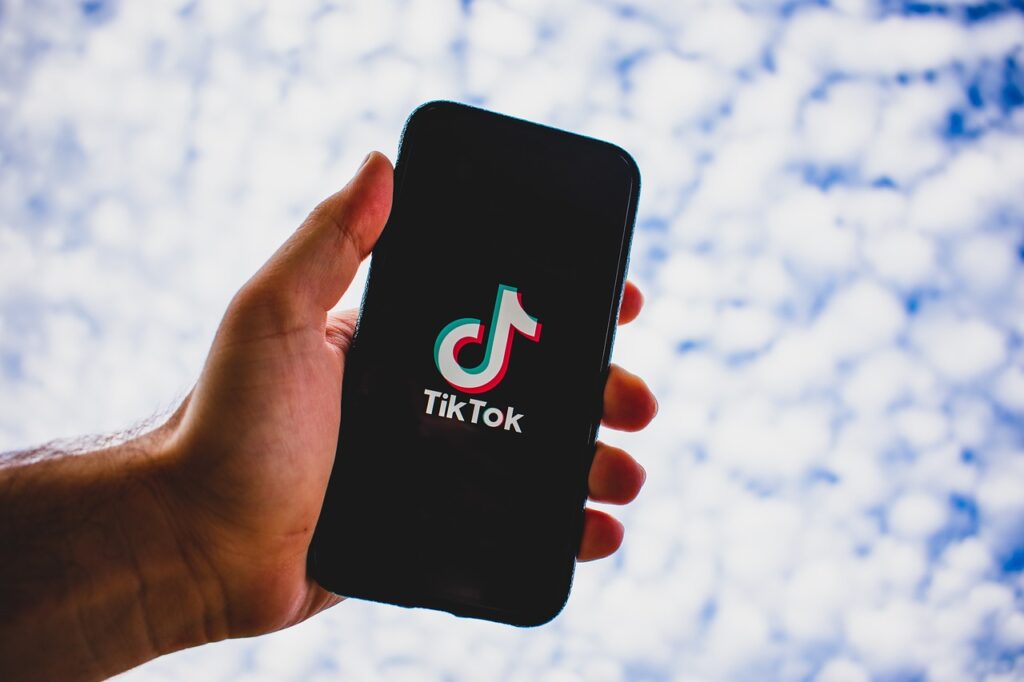Ahead of a crucial vote by the U.S. House of Representatives on a bill that would pressure TikTok’s parent company ByteDance to sell the app within six months, former President Donald Trump voiced his concerns, emphasizing the potential benefits for Facebook if TikTok were banned.
Trump, expressing his stance on the matter, stated: “If you get rid of TikTok, Facebook … will double their business,” showing his reluctance for Facebook to gain from TikTok’s possible exit.
These remarks were shared on Truth Social, reflecting Trump’s caution despite not officially declaring a position on the proposed legislation. Facebook, now under Meta Platforms, opted not to comment on Trump’s assertions.
The bill, receiving unanimous support (50-0) from the Energy and Commerce Committee, aims to address the wide usage of TikTok by approximately 170 million Americans by enforcing a divestiture from ByteDance.
The legislation garners bipartisan interest, with former Vice President Mike Pence backing the move due to concerns over China’s influence on American youth, stating, “China is poisoning the minds of American children. Enough is enough.”
Should ByteDance fail to comply within the given 165 days, major app stores like Apple and Google would face legal restrictions against offering TikTok.
This legislative effort echoes Trump’s previous attempts to ban TikTok and WeChat in 2020, which were halted by legal challenges.
Senator Rand Paul, a notable critic of the ban, questioned the alignment with Biden’s stance and raised concerns about infringing on free speech, drawing parallels with Chinese censorship practices.
Trump, in his 2020 executive order, had cited national security risks posed by TikTok’s data practices, suggesting they could enable the Chinese Communist Party to exploit American data.
TikTok denies any intention of sharing U.S. user data with the Chinese government and critiques the bill as an effective ban, challenging the possibility of a fair divestiture process and defending the right to free expression.
The ongoing debate underscores the complexity of regulating technology platforms that intertwine national security, free speech, and competitive market dynamics.
With the upcoming elections, the passage of such a bill through both the House and Senate remains uncertain, especially as the Biden campaign engages with TikTok users, unlike Trump’s campaign, which has not joined the platform.
